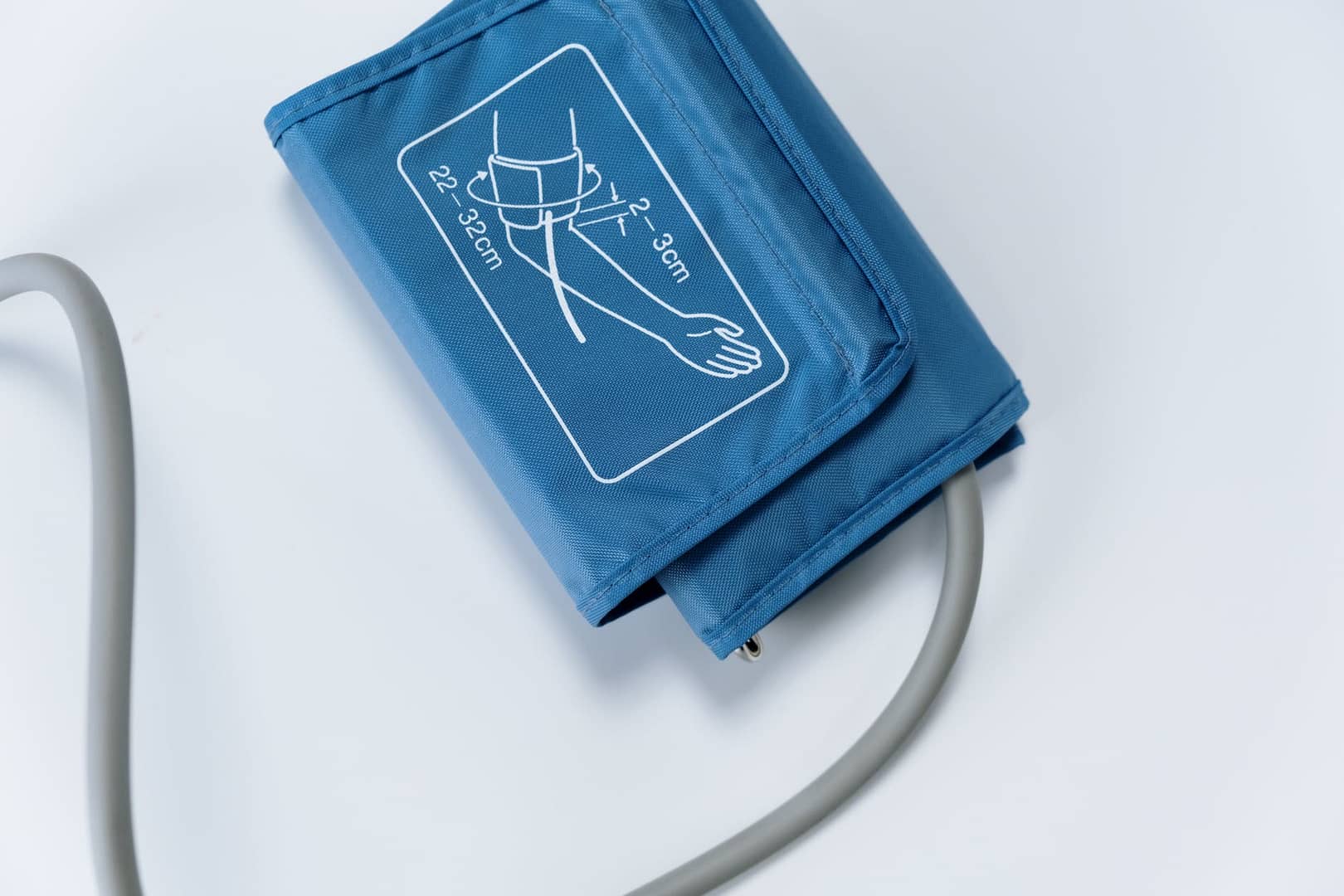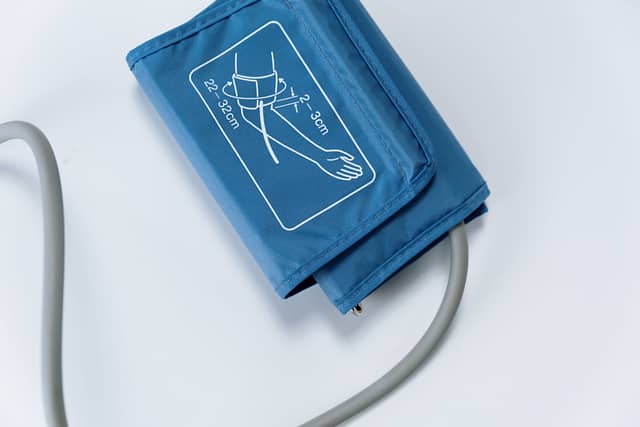
High Blood Pressure (Hypertension): What are Normal Parameters

High blood pressure is also known as Hypertension, a condition in which blood travels through arteries at a pressure higher than normal (normal Blood pressure: 120/80 mm of Hg). Hypertension can be caused by assorted reasons, and if it gets too high or rises occasionally, then it can lead to various other health problems.
Hypertension can be a cause of other disorders like
- Heart attack
- Stroke
- Kidney disorders
What are the types of Hypertension?
There are two types of Hypertension
- Primary Hypertension
Primary Hypertension or known as essential Hypertension. The causes of primary Hypertension are unknown, and it develops over the years. It is a quite common type of Hypertension. The prime factors responsible are lifestyle, environment and the body changes that develop as you age.
2. Secondary Hypertension
Secondary Hypertension, as the name shows develops due to an underlying health condition or due to medicines. Common disorders leading to secondary Hypertension are
- Kidney disorder
- Thyroid problems
- Sleep Apnoea
- Stress
- Certain medicines
- Chronic alcohol use
- Adrenal gland problems
- Endocrine tumours
What are the stages of Hypertension?
Blood pressure is the force experienced by the walls of the arteries during the flow of blood through them. Blood pressure is measured in two readings.
Systolic blood pressure: It is measured as the pressure in the arteries when the heart pumps out the blood.
Diastolic blood pressure: it is the pressure in the arteries when the heart rests between the beats of the heart.
There are five stages when considered in adults.
Healthy: A reading of 120/80 mm of Hg is considered healthy in an adult.
Elevated: the systolic reading is somewhere between 120 to 129 mm of Hg, and the diastolic number is less than 80 mm of Hg. Lifestyle changes can bring a change in blood pressure readings at this stage without medication.
Stage 1: the systolic reading is between 130 to 139 mm of Hg, and the diastolic reading is between 80 to 89 mm of Hg.
Stage 2: the systolic reading is 140 mm of Hg or above, and the diastolic reading is 90 mm of Hg or above.
Hypertensive Crisis: the systolic blood pressure is above 180 mm of Hg, and Diastolic pressure is above 120 mm of Hg. This is an emergency medical condition and requires medical attention.
Symptoms
Hypertension is sometimes called as “Silent Killer” as many people do not experience any symptoms. The disease takes years to reach a stage where someone develops some obvious symptoms.
In case of consistantly high blood pressure, some of the symptoms develop.
- Headache
- Nosebleed
- Shortness of breath
- Dizziness
- Flushing
- Chest pain
- Blood in urine
- Visual impairment
These symptoms need medical treatment; however, waiting for a symptom to develop can be fatal.
Managing the Hypertension
Primary Hypertension treatment:
Usually, the primary hypertension patients do not require any medicines and the doctors’ advice you to change lifestyle such as improved diet, exercise, quitting smoking and other physical measures.
Secondary Hypertension treatment:
Sometimes Hypertension is due to other underlying causes like diseases, medication, or others. In such cases, the physician uses a combination of medicines to control blood pressure along with lifestyle changes.
Medicines:
The medicines for Hypertension are mostly selected on hit and trial method depending on individual needs. The physician prescribes the best medicine or a combination of medicines according to requirement.
Commonly used medicines for Hypertension are
Beta- blockers:
Beta-blockers lowers the heartbeat and reduces the amount of pf blood pumped through the arteries with each beat, causing a decrease in blood pressure. It also works by blocking the hormones that cause a rise in blood pressure.
Diuretics:
Diuretics are also named as “water pills” and helps the kidneys to remove the excess sodium from the body. The excretion of sodium also causes the extra fluid to leave the body and lowers the blood pressure.
ACE inhibitors:
As the name suggests, ACE inhibitors (Angiotensin-converting enzyme inhibitor) inhibits the angiotensin-converting enzyme in the body, which cause the tightening of blood vessels. ACE inhibitors help to relax the blood vessels, causing a reduction in blood pressure.
Angiotensin II receptor blockers:
ARB’s reduces the binding of angiotensin with the receptors and relaxes the blood vessels, which reduces the blood pressure.
Calcium Channel Blockers:
The medicines belonging to this group reduces the entrance of calcium in the cardiac muscles, leading to less forceful beatings and cause relaxing the blood vessels, thereby lowers the blood pressure.
Alpha-2 agonists:
The drugs belonging to this class of medicines cause a change in nerve impulse that causes the blood vessels to tighten. So, the blood vessels are relaxed, leading to reduced blood pressure.
Living with Hypertension:

To control your blood pressure is a lifelong commitment. To enjoy a healthy and normal life while having Hypertension is possible. All you need is to change your lifestyle and find the ways about how to manage a good health. Try to change your habits and monitor factors such as
- Control Weight
- Avoid Stress
- Healthy Diet
- Exercise
- Quit smoking
- Low salt intake
- Regular walk
You must keep a check on your blood pressure. Make regular appointments with your doctor or check your blood pressure at home and keep track of readings to consult with your doctor.
You can defeat Hypertension with a slight change in your life choices, but once you are prescribed with medicines, it is necessary to take them regularly.






Comments